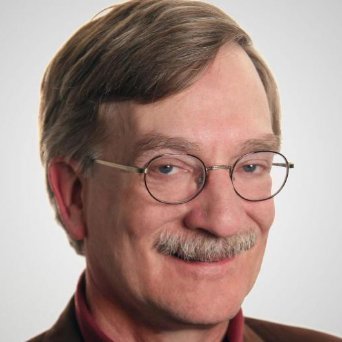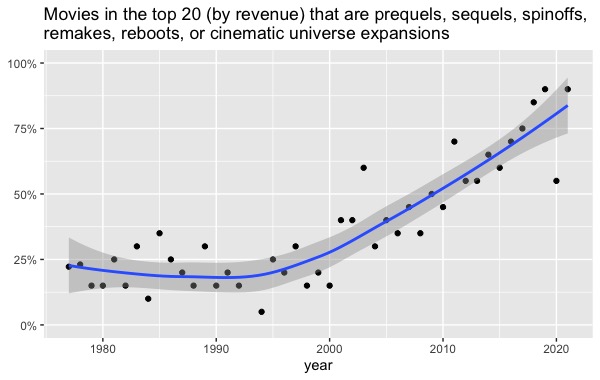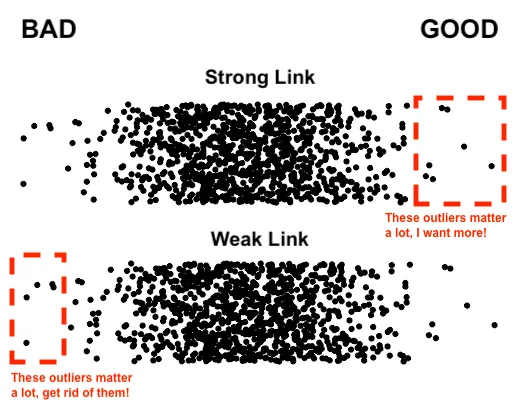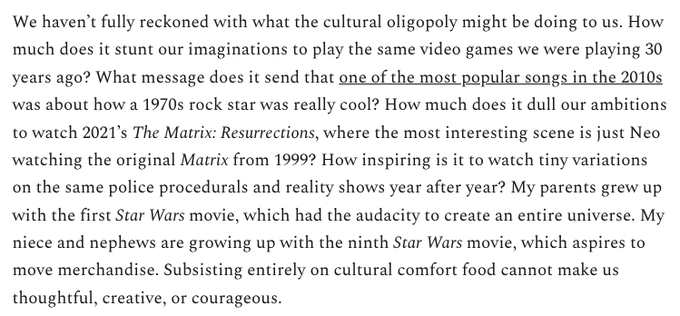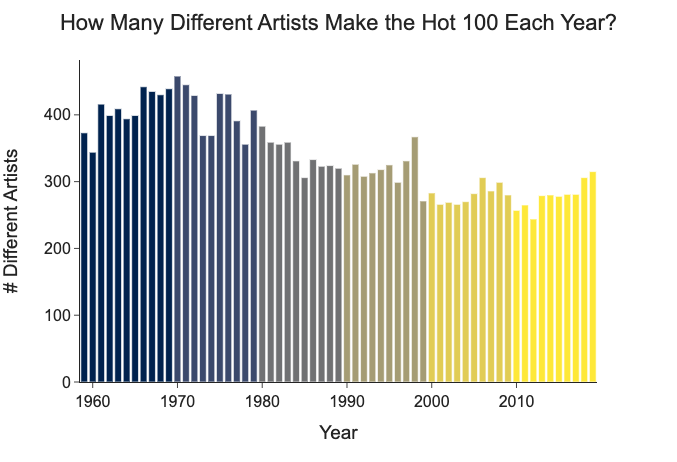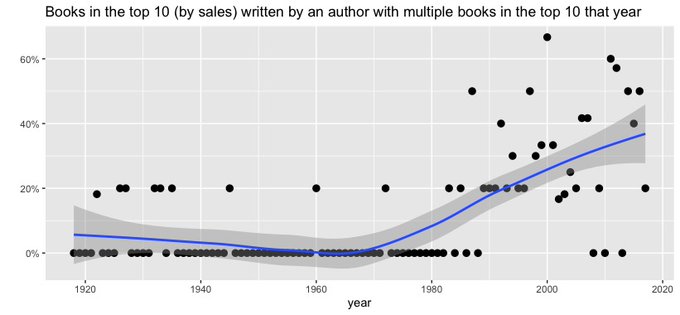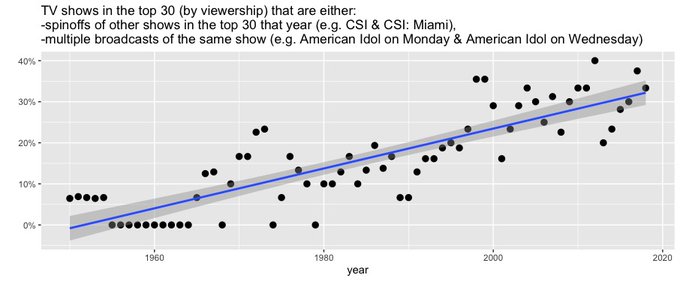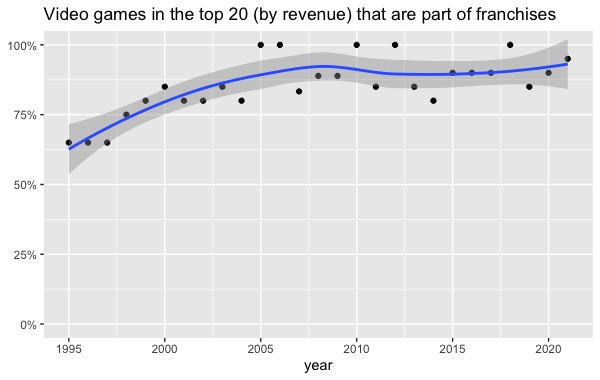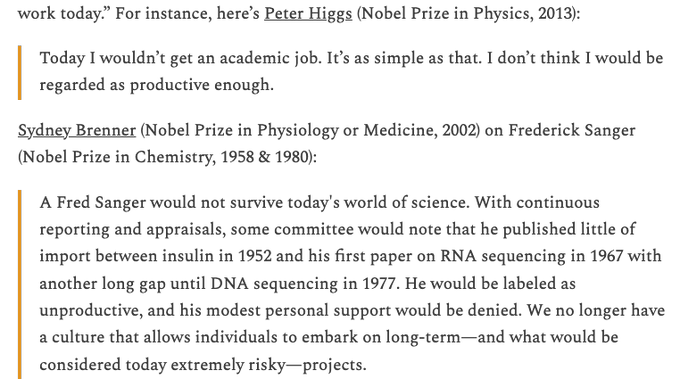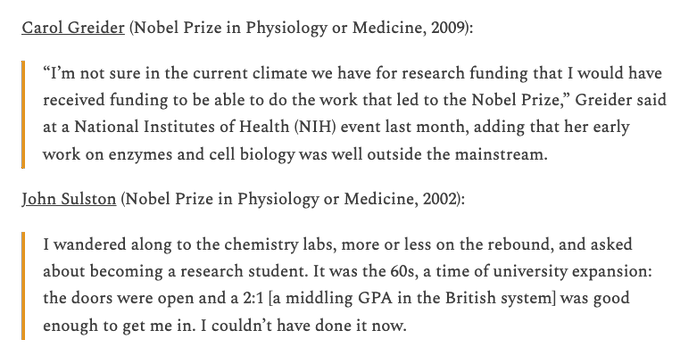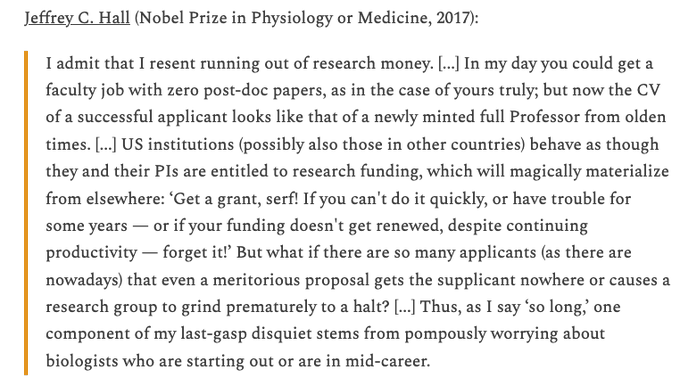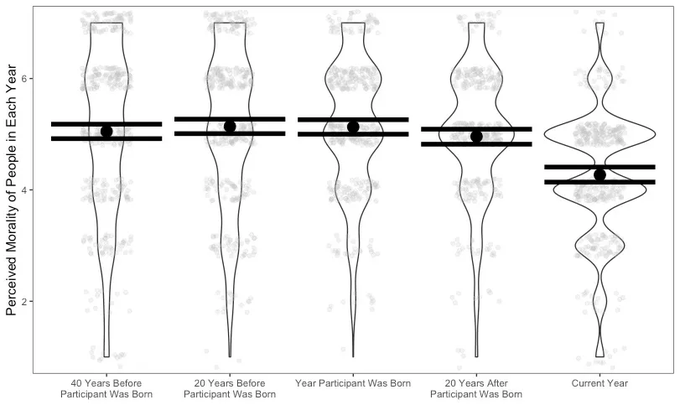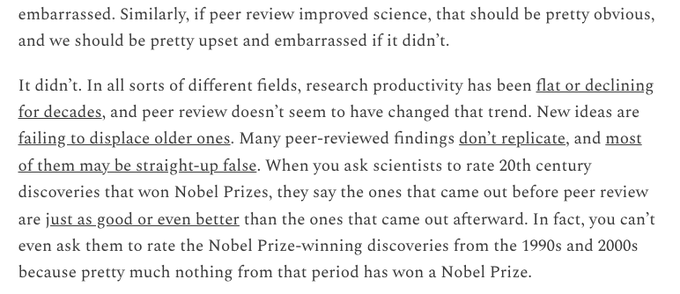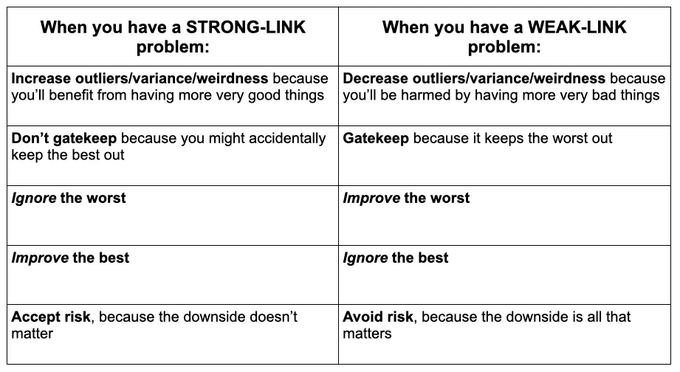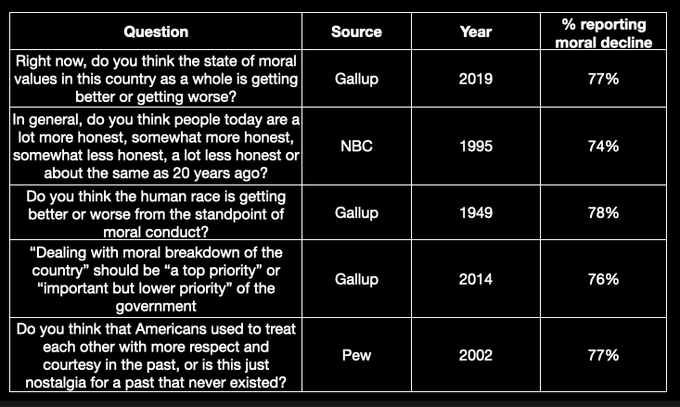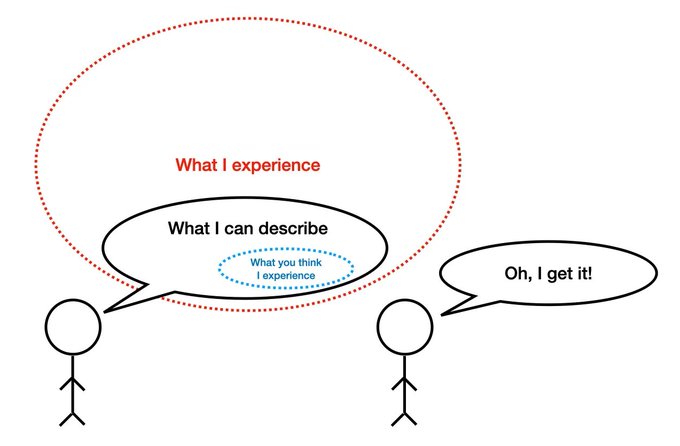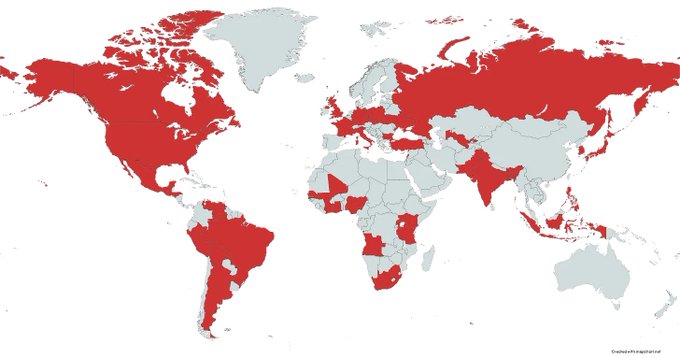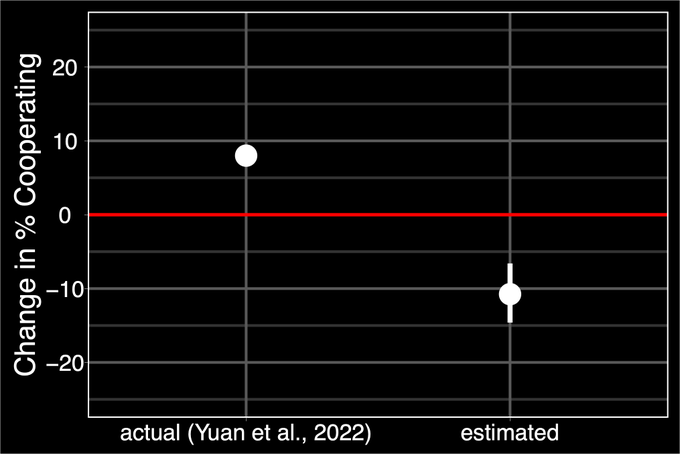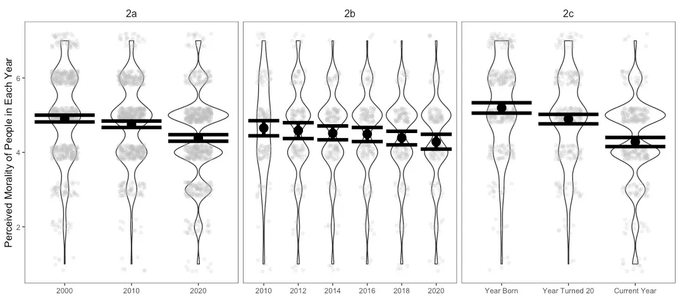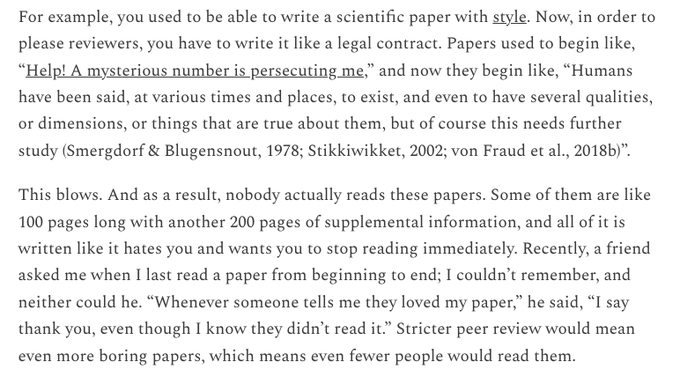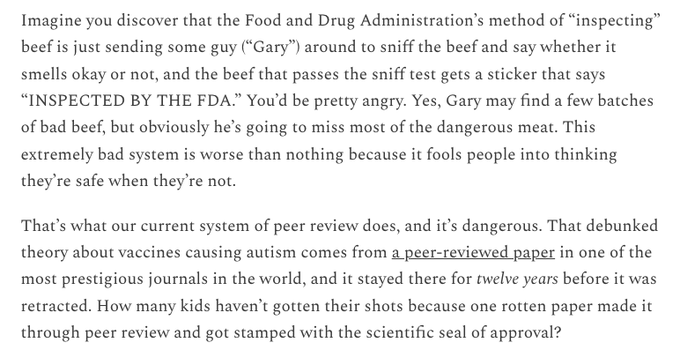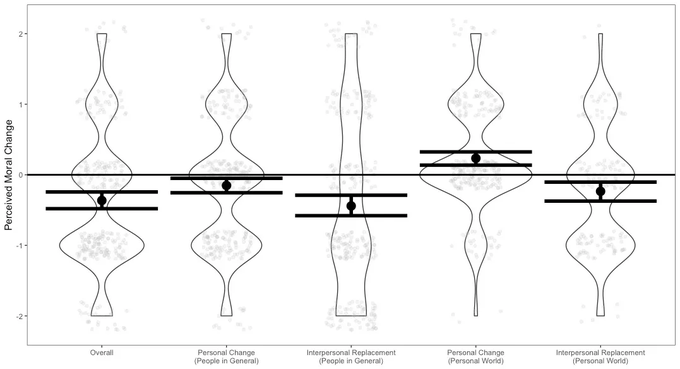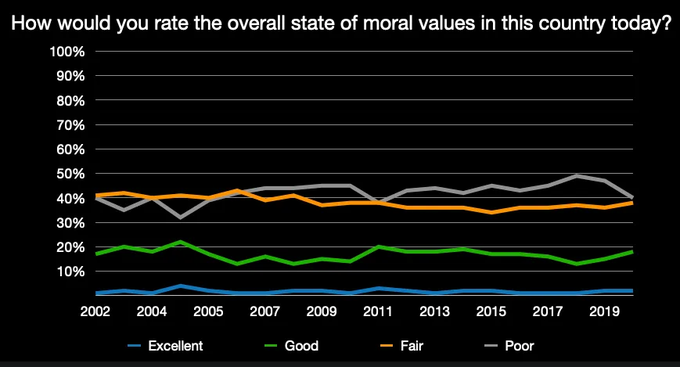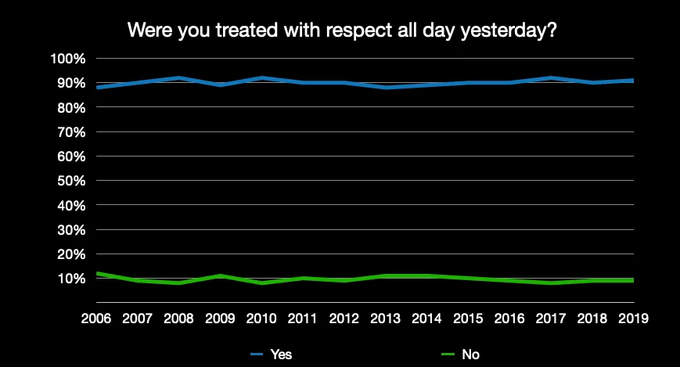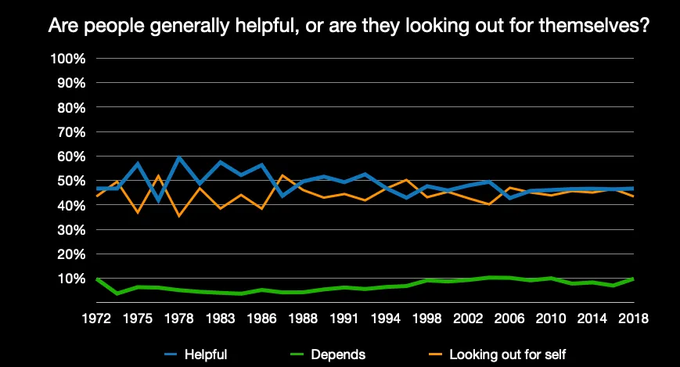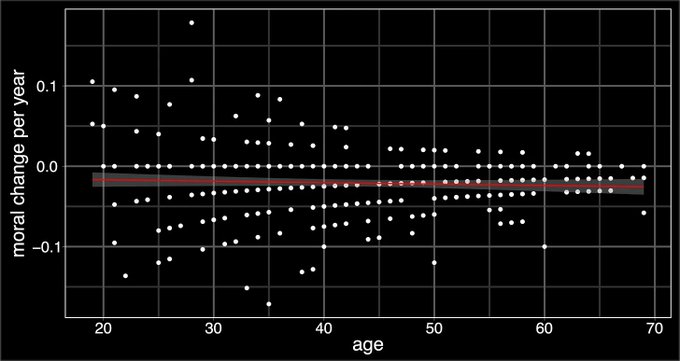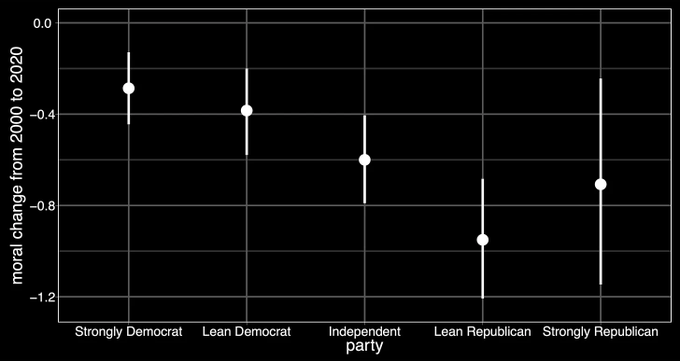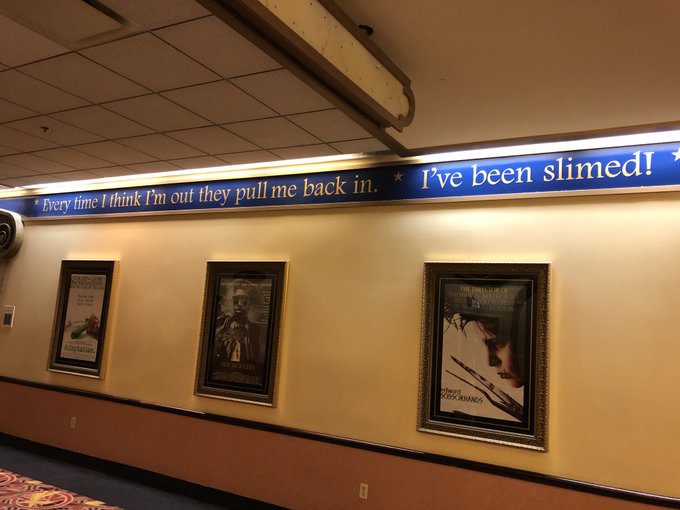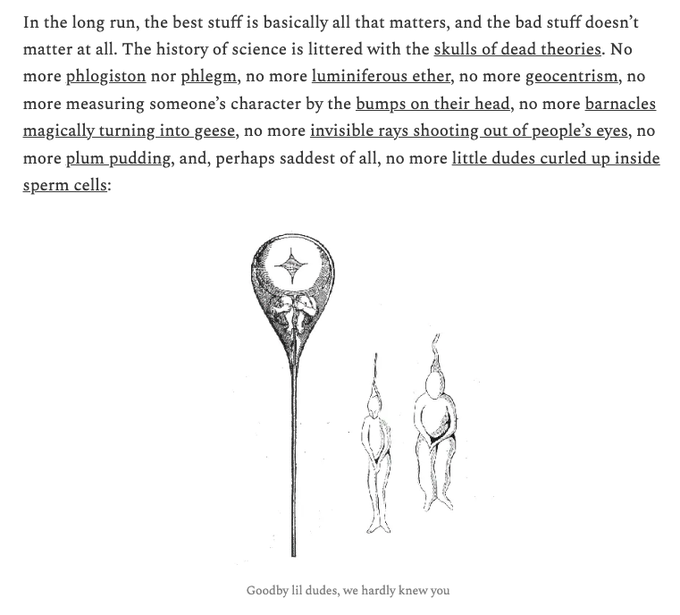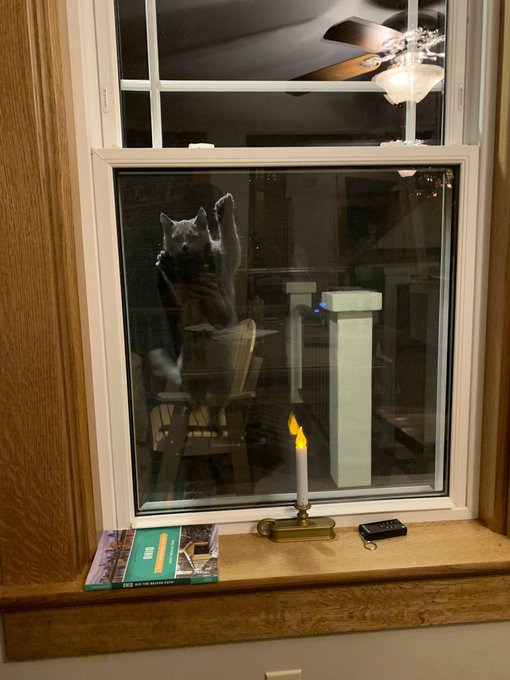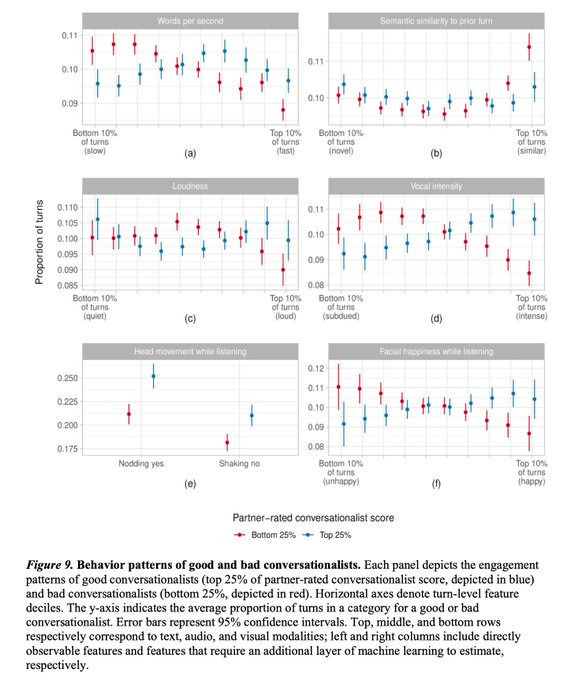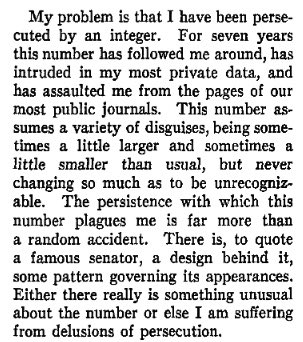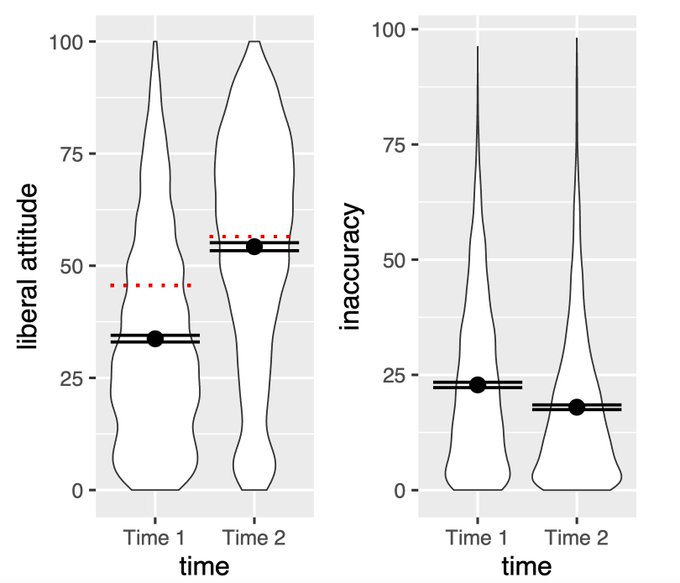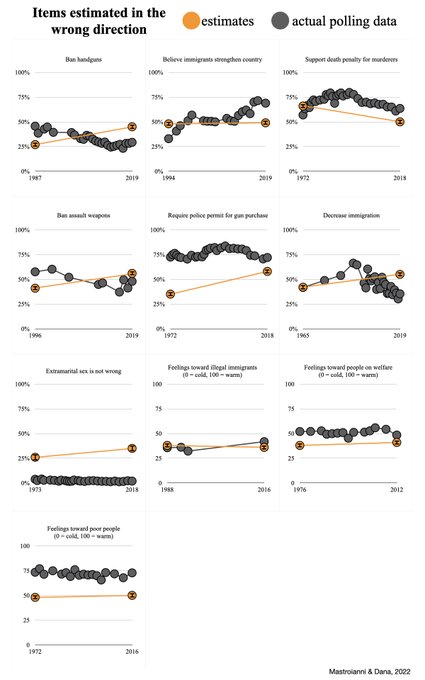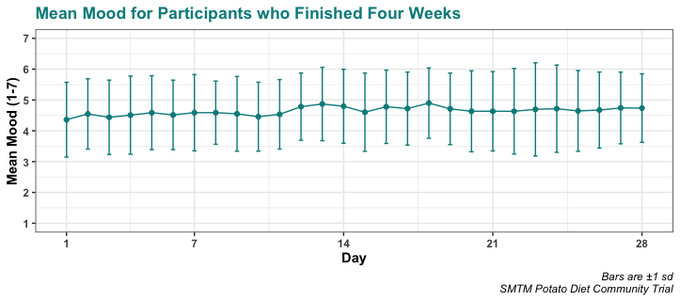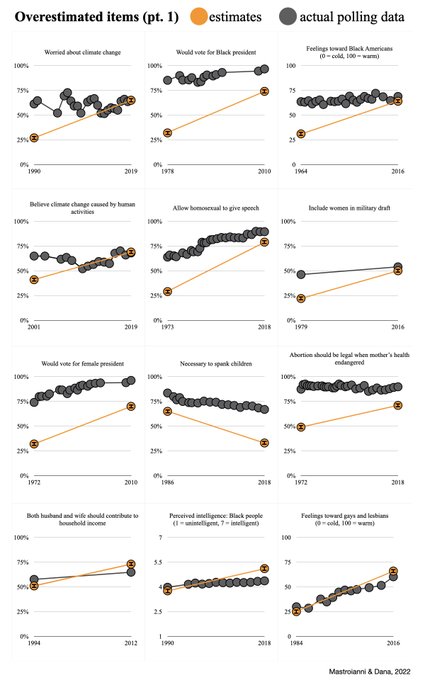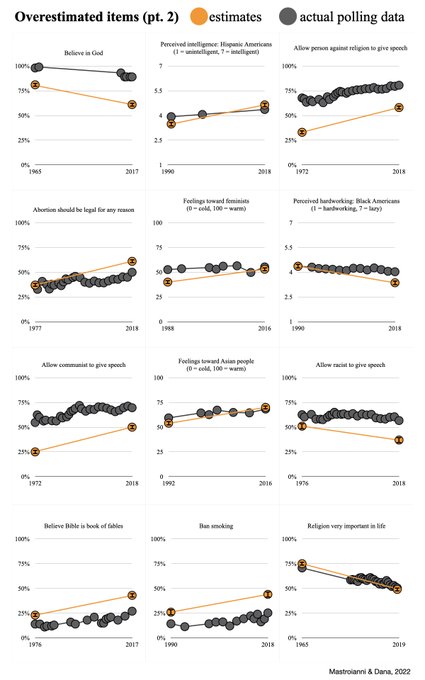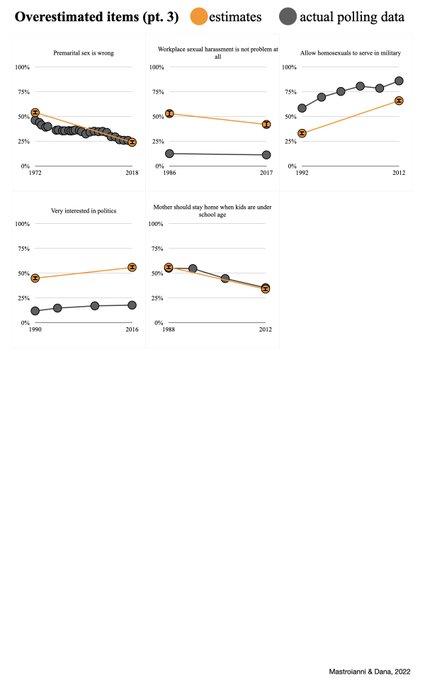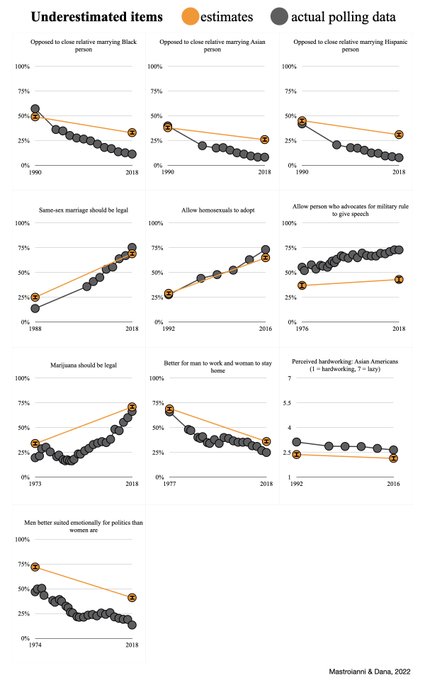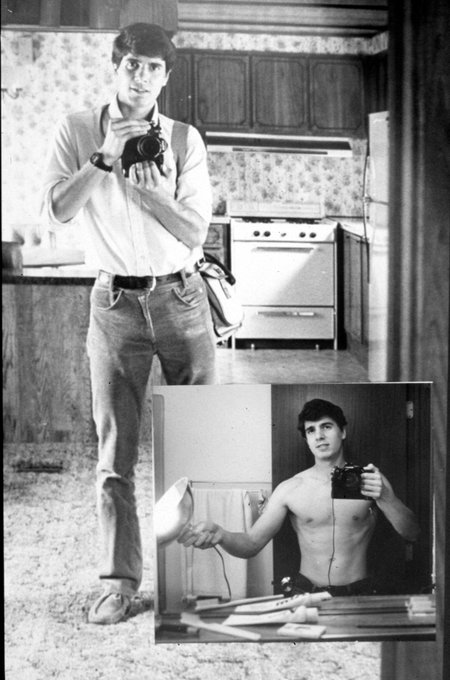
Adam Mastroianni
@a_m_mastroianni
Followers
11,656
Following
546
Media
229
Statuses
1,921
I do science and write about it.
Washington, DC
Joined June 2014
Don't wanna be here?
Send us removal request.
Explore trending content on Musk Viewer
スタンプ
• 155135 Tweets
GPT-4o
• 138375 Tweets
#บุ้งทะลุวัง
• 109118 Tweets
Luka
• 75587 Tweets
#GmmTreatFourthBetter
• 65532 Tweets
Change Fourth Manager
• 60494 Tweets
LINE MAN OFFGUN
• 43285 Tweets
#Flex1045xนุนิวขึ้นใจ
• 35093 Tweets
Mavs
• 34328 Tweets
Shai
• 29674 Tweets
Kyrie
• 26189 Tweets
#Varanasi
• 26064 Tweets
書類送検
• 21773 Tweets
Jリーグカレー
• 18439 Tweets
スナック
• 17287 Tweets
スクエニ
• 16417 Tweets
引退会見
• 14222 Tweets
로즈데이
• 12774 Tweets
サマソニ
• 11274 Tweets
Last Seen Profiles
My paper with
@DanTGilbert
is out today in Nature: people believe that people are less kind than they used to be, they're probably wrong about that, and we have an idea where this illusion comes from.
52
1K
4K
Some anonymous bloggers got a bunch of people to eat nothing but potatoes for a month and they lost an average of ~11 pounds and generally had a good time. The world is bright and full of hope.
11
23
249
Full post here:

Science is a strong-link problem
OR: How to eat fewer asparagus beetles
www.experimental-history.com
9
36
200
Okay, so people really seem to think that people have become less kind, honest, ethical, etc. Are they right?
One obvious strike against their theory is that violence seems to have declined (ie
@sapinker
's work). But––
3
5
156
Excited to announce a new paper with
@ludwinpeerye
. When people imagine how things could be *different*, they imagine things being *better*.
6
31
117
Do conversations end when people want them to? No. New paper published in PNAS by my collaborators
@DanTGilbert
,
@guscooney
,
@TimWilson18
& me.
8
28
107
We live in a golden age of people writing words on the internet. Here's some top-tier stuff I've read recently.
1. "The Scientific Virtues" by
@mold_time
. Required reading for anyone who wants to do science.
5
8
96
The best conversationalists talk loudly, intensely, and quickly, smile a lot, and nod or shake their heads when listening. Suggests we could effectively replace humans with grinning, screaming bobbleheads
5
7
75

















